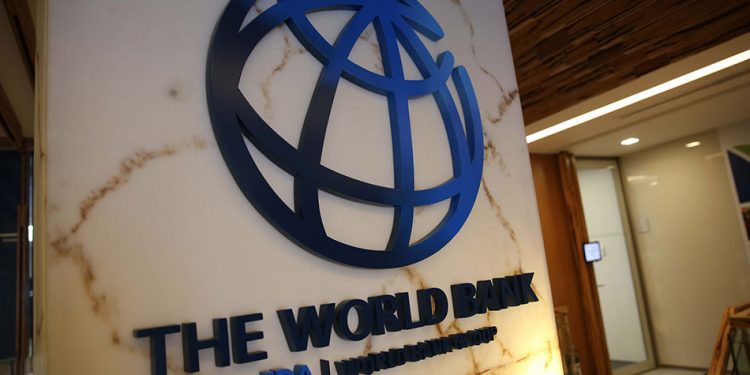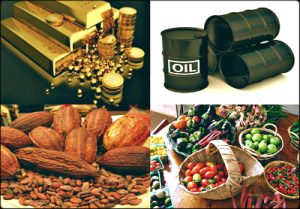The World Bank has revised Ghana’s growth rate, cutting it to a staggering 1.4% for this year, according to its latest Global Economic Prospects Report.
According to the Bretton Wood institution, the expected resilience in agriculture will not be sufficient to offset the covid-19 pandemic’s lingering adverse impact on the oil and other sectors of the economy.
“In Ghana—the region’s fourth largest economy—the expected resilience in agriculture will not be sufficient to offset the pandemic’s lingering adverse impact on oil and other sectors. As a result, the growth forecast for 2021-22 has been downgraded”, it emphasised.
The Gross Domestic Product (GDP) growth rate will be lower than the expected 2.7% rate for Sub Saharan Africa.
Though it had earlier forecast a growth rate of more than 4.0% for this year, the staggering sharp review of Ghana’s growth rate will come as a major concern to policy makers and businesses.
It is however not too surprising because of the existence of the coronavirus pandemic, which many were expecting to have lessen drastically by this time around.
The other worry for Ghana is that all its neighboring countries will grow strongly with Ivory Coast expected to record 5.5% GDP.
The World Bank also reviewed the country’s GDP for last year to 1.1% despite the economy entering into a mild recession in the third quarter of this year.
The economy is however expected to grow at a modest rate of 2.4% next year.
Additionally, the World Bank said the coronavirus pandemic caused an estimated 6.1% fall in per capita income last year in Ghana and many Sub Saharan Africa nations, and is expected to lead to a further 0.2% decline this year, before firming somewhat next year.
The resultant decline in per capita income is expected to set average living standards back by a decade or more in a quarter of Sub-Saharan African economies.
Sub Saharan Africa growth rate
Output in Sub-Saharan Africa contracted by an estimated 3.7 percent—a per capita income decline of 6.1% and the deepest contraction on record—as the COVID-19 pandemic and associated lockdown measures disrupted activity through multiple channels.
The World Bank said “the hardest hit countries were those with large domestic outbreaks, those heavily dependent on travel and tourism—which virtually slowed to a near complete halt—as well as commodity exporters, particularly of oil. Although a few countries have managed to slow some large outbreaks (Ethiopia, Kenya, South Africa), outbreaks persisted in the second half of 2020 in several countries with little sign of abating.
Excluding Nigeria and South Africa, growth in these economies is forecast to average 2.8% in 2021-22, following 3.4% contraction last year.
“Although metals prices recovered somewhat in the second half of 2020, oil prices remain well below 2019 levels, weighing on the pace of recovery in oil-exporting economies (Angola, Chad, Republic of Congo, Equatorial Guinea, Gabon, Ghana)”, the report emphasised.
Economy contracted in Quarter 3
Ghana’s economy contracted again for the second consecutive period in the third quarter (-1.1%) of 2020, but at a lower rate than in the second quarter.
This is however compared with a Gross Domestic Product (GDP) growth rate of 5.6% the same period last year. The Agriculture sector recorded the highest growth of 8.3%, whilst Industry and Services sectors contracted by -5.1% and -1.1% respectively.
According to figures from the Ghana Statistical Service, the economy with oil contracted by 1.1%, but grew by -0.4% without oil.
The Agriculture sector recorded the highest growth of 8.3%, whilst Industry and Services sectors contracted by 5.1% and 1.1% respectively.
GDP forecast of some countries by World BankCountry 2020 2021
Angola -4.0% 0.9%
Nigeria -4.1% 1.1%
Côte d’Ivoire 1.8% 5.5%
Benin 2.0% 5.0%
Burkina Faso -2.0% 2.4%
Kenya -1.0% 6.9%
Liberia -2.9% 3.2%
Sierra Leone -2.3% 4.1%
South Africa -7,8% 3.3%
Senegal -0.7% 3.5%
Mauritius -12.9% 5.3%







